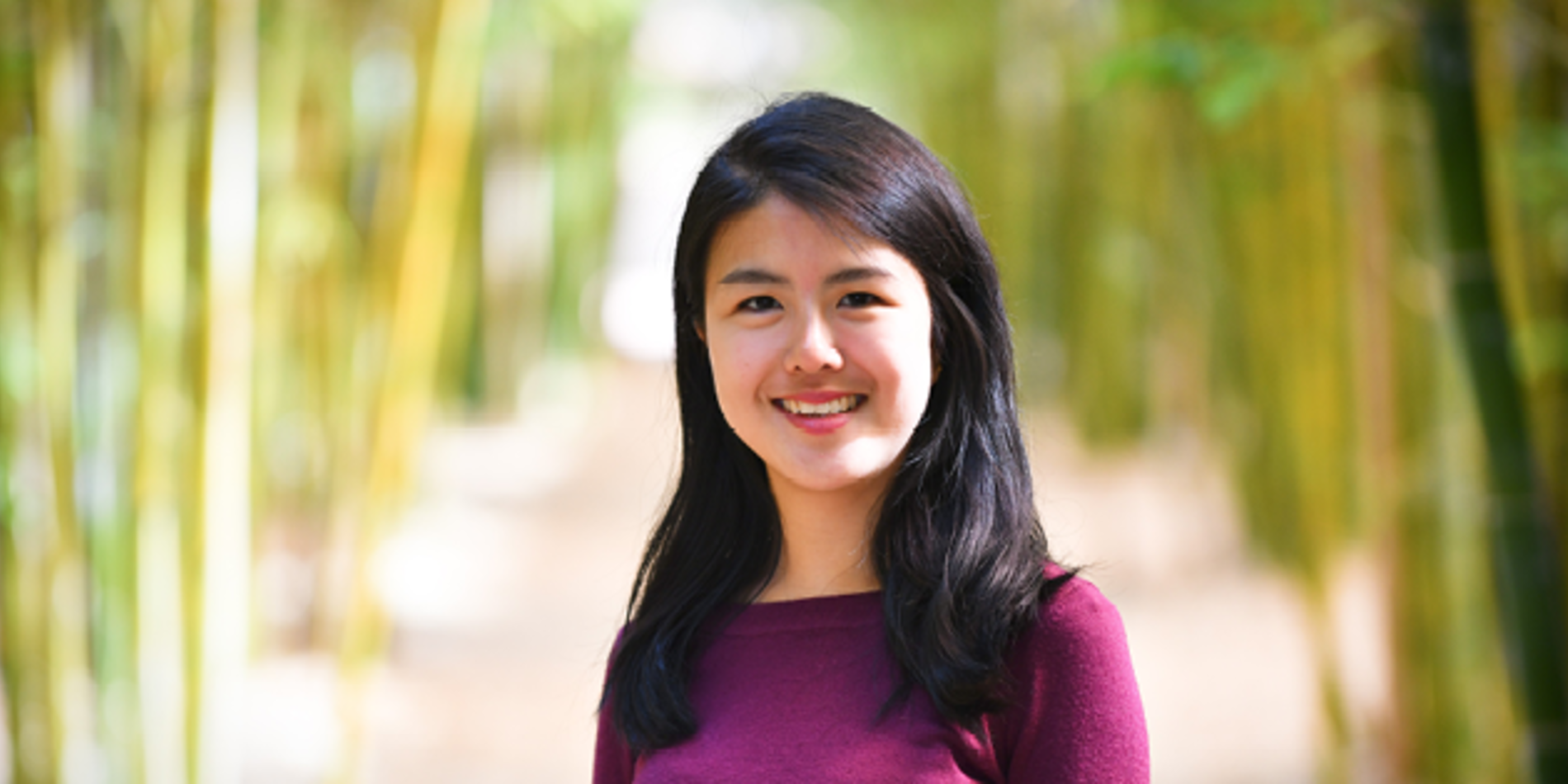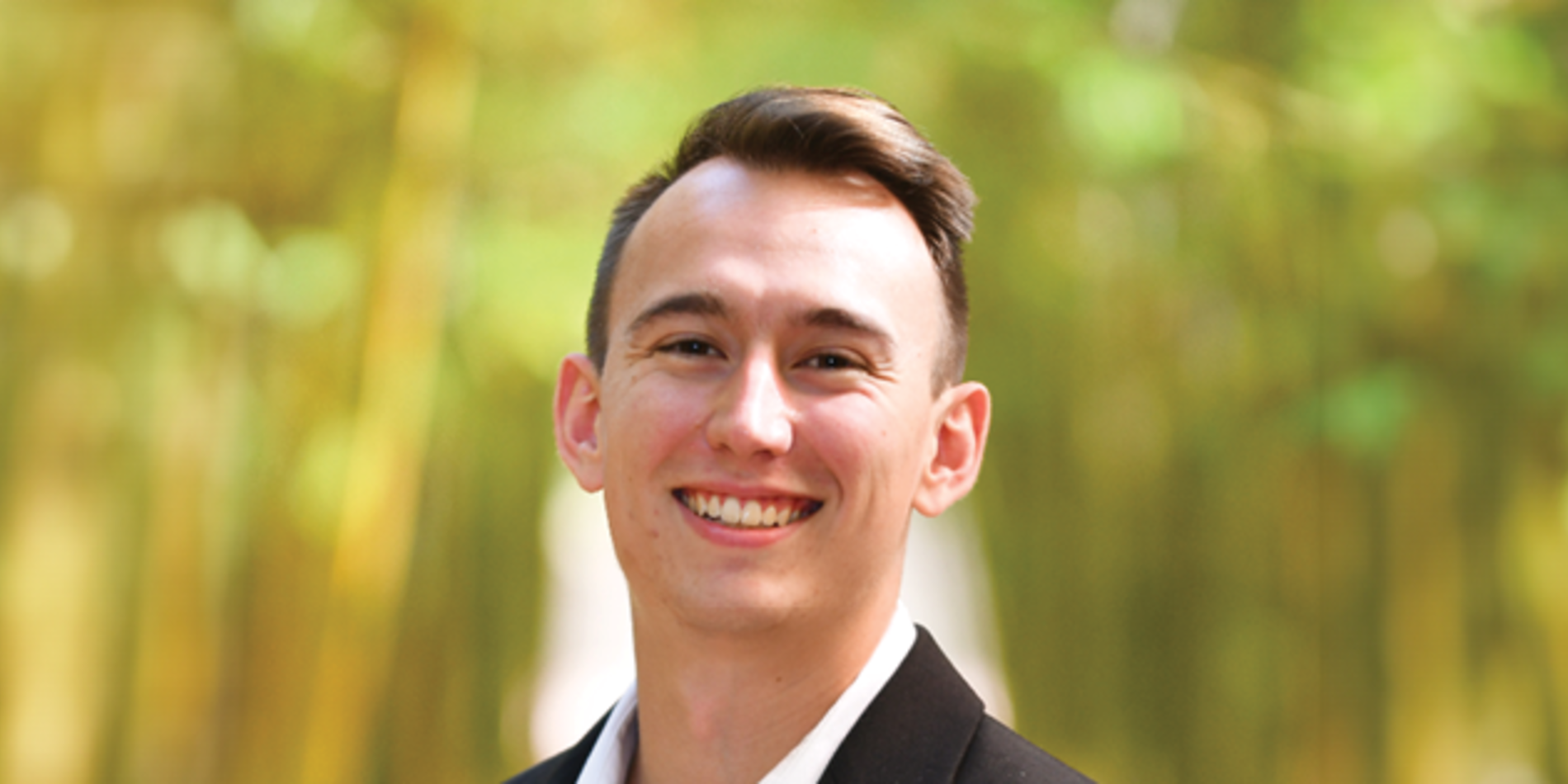

How do you teach a laboratory course during a pandemic when most of your students are scattered around the world, and local COVID conditions have severely limited student access to the labs? This was the question faced by Professor Monther Abu-Remaileh, Dr. Alex Engel, and Dr. Lisa Hwang, co-instructors for CHEMENG185A, the first course in the senior laboratory sequence required for the undergraduate major. Instructors across campus have been trying different solutions to this question that span from using virtual lab platforms to sending remote lab kits to students. For CHEMENG185A, the answer came down to this: what are the learning goals for this course, and what online format best supports the achievement of these goals? If you've been following department news, you may recall CHEMENG185A and CHEMENG185B went through a significant redesign just a few years ago with a renewed focus on quantitative critical thinking1 and with a strategy backed by the pedagogical literature, which motivated these overarching teaching principles: allow students to make decisions and give them a chance to iterate.

With that focus on student decision-making in mind, the teaching team, which included the incredible teaching assistant (TA) team of Sarah Blair (Jaramillo lab), Katarina Guzman (Khosla lab), and Zach Zajo (Shaqfeh lab), came up with a unique solution for how to run the lab course in a fully online format. They decided to keep all of the opportunities where students make decisions (e.g., how many replicates to run, which extraction method to test, or how to analyze the mass spectra data from the gas chromatography-mass spectrometry experiments) but have the TAs carry out the actual experiments. Each week, the students were asked to come to an online, synchronous lab section with their own preliminary experimental plans and then collaboratively develop a single lab plan for their TA to implement. Once each TA had collected and shared the data with their students, it was up to the students to analyze and interpret the data, as well as use it to guide the next iteration of experiments and associated decisions. The online transition of the lab elements has been accompanied by a number of other course enhancements to support online learning, such as mixing synchronous and asynchronous learning activities and building out a Slack community to facilitate communication. The entire online lab course design has been a big teaching experiment in itself and has only been possible with the hard work of the TA team. The other key partners in this course have been the students, all Zooming in and putting in a fantastic effort to engage, think, and design (all with grace and humor). While students and teaching team members alike miss the in-person format, the focus on decision-making by the students has been an effective guiding principle in the transition to an online format.


References:
1. Burkholder, E., Hwang, L., Sattely, E., Holmes, N., 2021. Supporting decision-making in upper-level chemical engineering laboratories. Educ. Chem. Eng. 35, 69-80, http://doi.org/10.1016/j.ece.2021.01.002.


